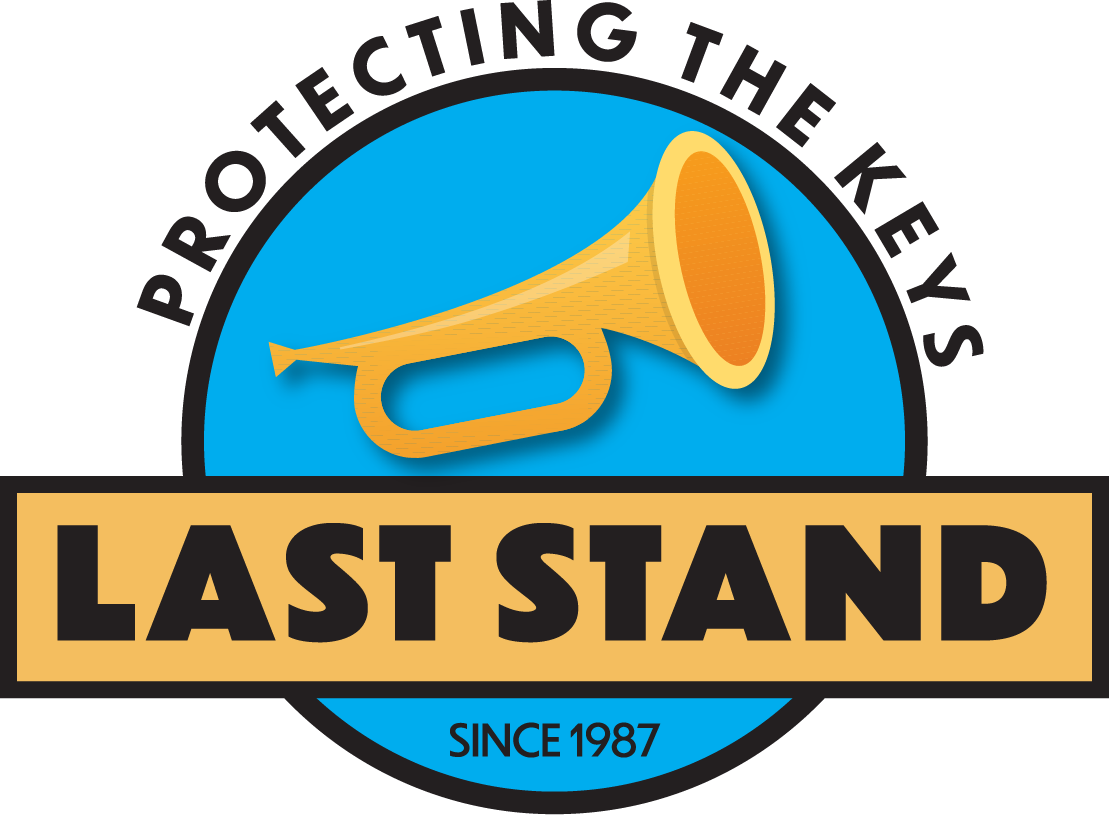Supporting Keys Environmental Organizations
The recovery from Hurricane Irma is still under way, and we're mindful that many donors' priorities are with the health and human service agencies on the front lines serving those in need. We also recognize that environmental service organizations will be struggling in their efforts to compete with the urgent needs following the storm.
The following list features several Florida Keys based nonprofit organizations that deserve your consideration if you're looking for an environmental project to donate to this year:
Reef Relief
631 Greene St., Key West FL 33040
FEIN: 59-2696402
https://www.reefrelief.org/act/donate/
Projects: School program and summer camp focused on coral reef education. Frequently sponsors shoreline clean-up. Maintains Key West Marine Park located at Higgs Beach in Key West.
Mote Marine Laboratory Inc.
Elizabeth Moore International Center for Coral Reef Research & Restoration
24244 Overseas Highway, Summerland Key, FL 33042
FEIN: 59-0756643
https://mote.org/support/donate
Projects at the Summerland facility include: Coral Reef Restoration, Coral Reef Science and Monitoring, Marine Aquaculture Research, Marine Microbiology and Ocean Acidification
Key Deer Protection Alliance
PO Box 430224, Big Pine Key FL 33043-0224
FEIN: 65-0147691
www.keydeer.org
Projects: Habitat protection for endangered Key Deer species unique to the Florida Keys.
Florida Audubon Society, Inc.
Estuarine and Marine Research Group 115 Indian Mound Trail, Tavernier FL 33070
FEIN: 59-0245495
https://act.audubon.org/onlineactions/6NsReZmDnUWGLI948Qzmvg2?ms=giving_page_56
Projects: Monitoring important indicator species Roseate Spoonbill continuously since 1939. Promotes conservation of the Everglades and Florida Bay through education and advocacy.
Last Stand
Protect Key West & the Florida Keys, Inc. PO Box 146, Key West FL 33041-0146
FEIN: 65-0057840
https://www.keyslaststand.org/donate/
Projects: Advocacy for quality of life and environmental issues in the Florida Keys, primarily through education of local elected leaders. Actively monitoring environmental impacts of changes in city and county codes.
